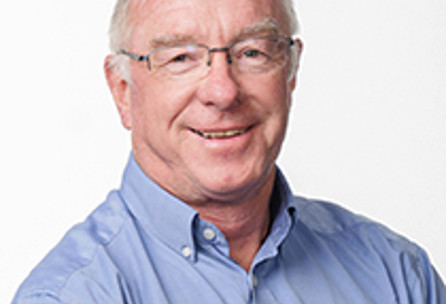While antibodies normally protect us from infections, if the immune system becomes misdirected it can make antibodies to our own bodies, or ones that recognise innocuous environmental molecules like those from pollen or food. When such antibodies flag these molecules as threats, autoimmune and allergic diseases result.
This project targets inflammatory cells to modify the immune system’s response in autoimmune diseases such as systemic lupus erythematosus (SLE or lupus) and rheumatoid arthritis, and allergic diseases such as allergic asthma and food allergies that can be life-threatening.
In autoimmune and allergic diseases, the Fc portion of the antibody engages receptors on immune cells to drive inflammation. We can engineer antibodies to selectively engage and 'switch off' inflammatory cells. We are applying this concept broadly. In lupus, we switch off the inflammatory cells (such as macrophages) that drive inflammation and the B cells that make the aberrant antibodies that initiate inflammation. Similarly, in allergic disease we target the allergic basophils and allergic B cells involved in the inflammatory response.
An emerging therapy in autoimmune or allergic diseases is the elimination of cells making the misdirected autoimmune or allergic antibodies. We are studying the application of Stellabody® hexamerisation technology with a view to either eliminate these cells entirely or make them non-response.

Funding
Partners
- NHMRC
- Walkom Bequest
- Nancy E. Prendergast Charitable Trust
- Peter Leith Riddell Memorial Fund
Partners +
Collaborators
- Dr John Cambier (University of Colorado)
- Dr Graham Mackay (University of Melbourne)
- Dr Alicia Chenoweth (King’s College London)
- Dr Jessica Anania (University of Southampton)
- Prof Robyn O’Hehir (Alfred Health)
- Prof Ross Baker (Perth Blood Institute)
- Prof Menno van Zelm (Monash University)
Project
Team
Meet the project team. Together, we are translating research into better health, for all.



